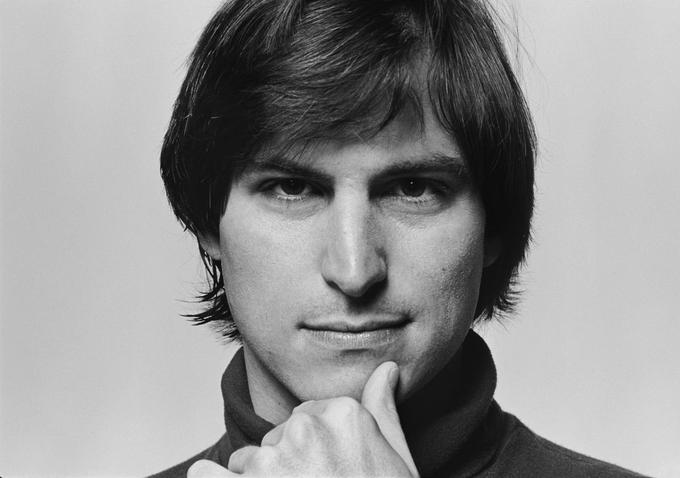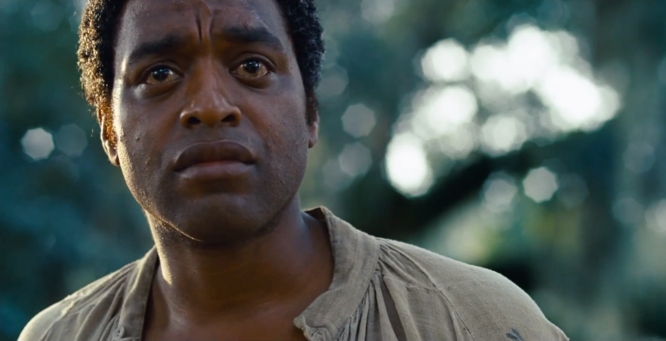 Steve Jobs: The Man in the Machine
Steve Jobs: The Man in the Machine
Written by Alex Gibney
Directed by Alex Gibney
U.S., 2015
Real quick, does Alex Gibney ever take time off? Going Clear: Scientology and the Prison of Belief and Sinatra: All or Nothing At All both made their premieres this year, but Gibney still has one more documentary up his sleeve. The myth around Steve Jobs is known by everyone. He took a company that started out of his garage and turned it into a global powerhouse with products that people go into a frenzy over. No one would define themselves by their pager, so why does an iPod or iPhone so often serve as an extension of its users?
Steve Jobs’ death in 2011 was met with a massive outpour of public grief, but the emotion on display didn’t fit the man who passed. Jobs, for his outsized personality while he was promoting Apple, was fiercely private. Taking an approach inspired by Citizen Kane, Gibney starts his film at the mogul’s passing, and works backwards through interviews and archival footage to get a sense of the man behind the smokescreen.
The film jumps around chronologically, tackling the early Apple years; NeXT; and the launches of the iPod, iPhone and iPad. It bears repeating that Jobs didn’t personally design or engineer the famous items so closely associated with his name. The truth is that a lot of talented people surrounded Jobs, and he drove them to their limits. Apple is not represented in Gibney’s film, but there is a good deal of interviews with those who worked with Jobs along with his friends and family, and the background information is revealing. The Steve Jobs who faced legal issues is certainly not the one we remember fondly.
Steve Jobs wasn’t a perfect man, certainly, few are, but Gibney isn’t interested in hagiography. At first The Man in the Machine gives the audience a lot of the personable Jobs that he presented himself as for years, then the darker side comes out. “Think different” was Jobs’ method of creating a link between Apple and the noble ideals of icons like Martin Luther King Jr., and it worked really well. However, Apple didn’t use “think different” to contribute to more moral business practices. The workers at Foxconn who make iPhones and iPods certainly don’t have the luxury of using the products they spend all day building.
Gibney’s documentary expands beyond Jobs–sometimes to its detriment–but the larger Silicon Valley scene that Jobs inspired, and the grime behind his technological benchmarks are integral to his legacy. Jobs was a master of branding: he created a narrative where customers bought not just a machine, but a reflection of themselves they could pour their identity into. The love story between Apple fanatics and their products is what Jobs is remembered for, but Gibney posits that we’re all still buying into a myth. That Gibney himself can’t explain why he owns an iPhone is cause for concern.
Gibney loses sight of Jobs in the wide scope of the documentary, but perhaps it is impossible to understand a man made up of so many contradictions. Steve Jobs: The Man in the Machine isn’t a hit-job by any means, but it does encourage viewers to “think differently” about the man so widely, and blindly, revered.





